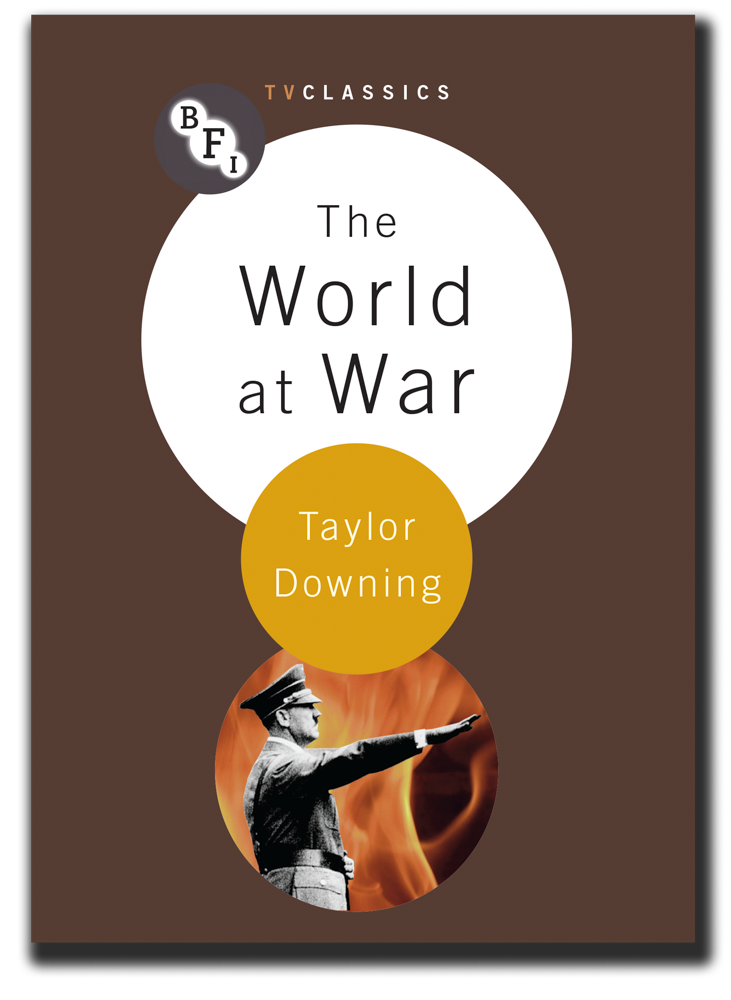The World at War

The World at War tells the story of the making of the most famous television history series ever produced about the Second World War in 26 one-hour instalments. The series took television history to unprecedented heights and was sold to more than fifty countries, including Germany, Italy and Japan. It is still being shown on television stations around the world.
Series producer Jeremy Isaacs and his team decided to tell the story of the war from a global rather than a narrowly national perspective. In addition, Isaacs wanted to feature the experiences of ordinary servicemen or women, civilians and victims, as well as those of the commanders and statesmen. One consequence was that The World at War became of the first television histories to offer - in the episode Genocide - a proper examination of the Nazis’ attempt to exterminate the Jews of Europe.
Enjoying a production schedule and a budget that allowed levels of flexibility modern programme-makers can barely dream of, the World at War team explored in detail the holdings of film archives around the world (over 3 million feet of archive film were viewed) and producers and editors took particular pains to make sure the footage was used responsibly. Interviewers accumulated a wealth of filmed recollections and evidence from survivors, including many who had played key roles at the time. Carl Davis wrote music that set a standard for future television productions, and scriptwriters produced linking narration, rendered in the broadcasts by Sir Laurence Olivier, that remains a model for clarity and accuracy.
For The World at War book, a BFI Television Classic, Taylor Downing (himself an experienced documentary film-maker) interviewed many of those who made the series, found new documentation about the production and puts the series into the context of the development of History on Television.
‘The World at War was and remains a landmark, the significance of which we can better appreciate through this clear, incisive and readable book.’ David Reynolds in The Guardian
